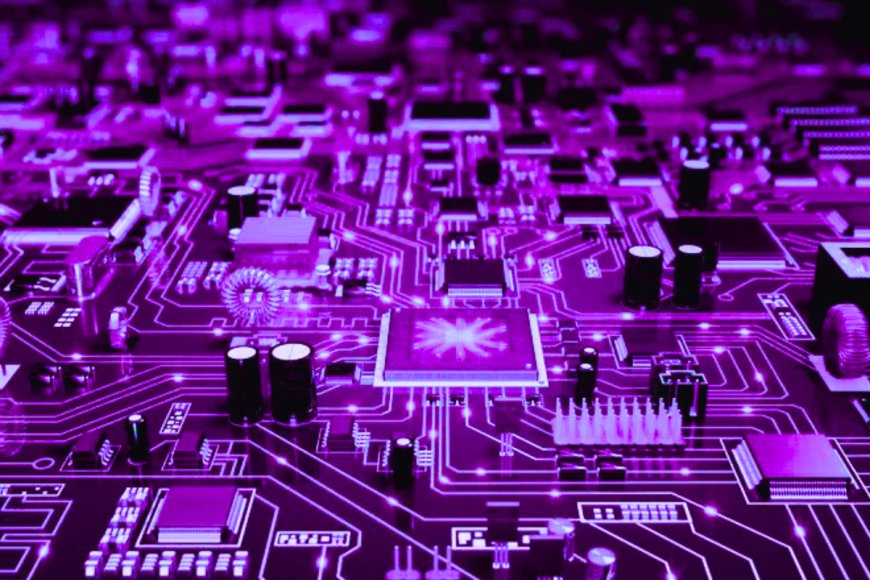Enhance Your Website with Essential Hardware: A Comprehensive Guide
Hardware technology drives innovation, connectivity, and efficiency across industries worldwide.

Introduction
Your website's hardware backbone is akin to its foundation in the digital world. Understanding the intricacies of hardware and its optimization is pivotal for a seamless user experience and optimized performance. Let's delve into the essential aspects of hardware for website development, exploring key components, optimization techniques, FAQs, and expert insights.
Hardware: The Crux of Website Development
Hardware plays a paramount role in shaping a website's functionality, speed, and overall user experience. It encompasses various components, each serving a distinct purpose in ensuring optimal performance. Let's navigate through the essential hardware components vital for your website's success.
The Processor: Powering Website Functionality
The heart of any system, the processor, or CPU (Central Processing Unit), dictates the speed and efficiency of data processing. From executing code to handling user requests, a robust processor ensures swift operations, enhancing user experience.
RAM: Facilitating Seamless Operations
Random Access Memory (RAM) acts as short-term memory, enabling quick access to data for processing. Ample RAM ensures smoother multitasking, faster loading times, and improved responsiveness, essential for a website's performance.
Storage Solutions: Securing Data and Accessibility
From traditional Hard Disk Drives (HDDs) to modern Solid-State Drives (SSDs), storage solutions preserve website data. SSDs, known for faster data retrieval, significantly impact loading times, crucial for user retention and SEO rankings.
Network Components: Connecting to the World
Network Interface Cards (NICs), routers, and modems form the network infrastructure, facilitating internet connectivity. Optimizing these components ensures stable connections, minimizing downtime, and enabling seamless user interactions.
Graphics Processing Units (GPUs): Visual Enhancements
For visually-intensive websites or applications, GPUs accelerate image rendering, video playback, and graphical computations, elevating user engagement and overall experience.
Enhancing Website Performance with Optimized Hardware
Optimizing your website's hardware elevates its performance, accessibility, and user satisfaction. Let's explore effective strategies and considerations for maximizing hardware potential.
Choosing the Right Hardware Configuration
Aligning hardware specifications with your website's demands is crucial. Assessing processing needs, storage requirements, and network capacities helps in selecting an optimal hardware configuration.
Regular Maintenance and Upgrades
Ensuring hardware upkeep through regular maintenance and timely upgrades is imperative. This practice extends hardware lifespan, enhances performance, and mitigates potential system failures.
Security Measures for Hardware Components
Implementing robust security measures safeguards hardware integrity. Techniques like encryption, firewalls, and regular backups prevent data loss and unauthorized access, ensuring website reliability.
Compatibility and Integration
Ensuring compatibility among hardware components and seamless integration with software systems is pivotal. Compatibility issues can hamper performance and functionality, impacting user experience.
What's Your Reaction?




























































































